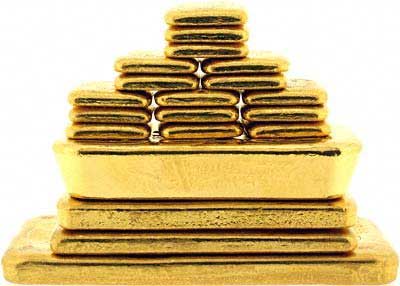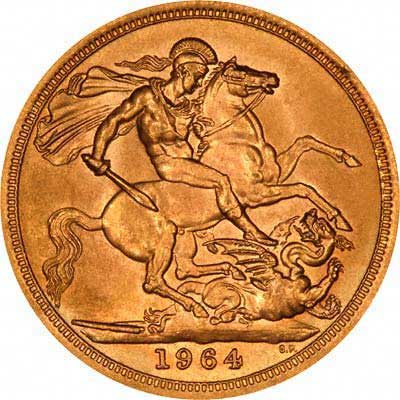
Bank of England Gold AuctionsOur OpinionThe World Gold Council has heavily criticised the British Government and the Bank of England for the way it has handled its gold sales programme. We disagreed with the WGC criticism, as we believe that the British move to reduce the proportion of gold in its reserves was in line with modern monetary thinking. Of course it remains to be seem whether this is merely a fashion which will in time be revealed to be flawed.Market EffectIt is likely that the regular large amounts of gold which have been placed onto the open markets by this and other Central Bank sales will have had a depressing effect on the market price for a number of years. The current British auction program is for six sales each of 20 tonnes. The previous auction round was for 150 tonnes.The Last Gold AuctionThe last of the Bank of England gold auctions was scheduled to take place in March 2002. We firmly believed that as we neared the end of these sales, their downward pressure on gold prices would be removed.Gold Auctions RevisitedLooking back at this page in September 2007, we see we were right that the end of gold sales appears to have influenced gold prices in the upward direction, but we also now believe we were wrong to give Gordon Brown the benefit of the doubt at the time. With the great advantage of hindsight, we think the gold producers, and the World Gold Council were right to criticise the auctions. Gordon Brown, as the Chancellor of the Exchequer, managed to sell a large proportion of Britain's gold reserves at the lowest price for a quarter of a century.At the time we defended Brown, we did not know that he had been advised at the time by leading bankers against the sales. These gold auctions earned him the nickname Golden Brown . |

|
"Tax Free Gold" website is owned and operated by Chard (1964) Limited
32 - 36 Harrowside, Blackpool, Lancashire, FY4 1RJ, England. Telephone (44) - (0) 1253 - 343081; Fax 408058;
E-mail: Contact Us The URL for our main page is: taxfreegold.co.uk
32 - 36 Harrowside, Blackpool, Lancashire, FY4 1RJ, England. Telephone (44) - (0) 1253 - 343081; Fax 408058;
E-mail: Contact Us The URL for our main page is: taxfreegold.co.uk

